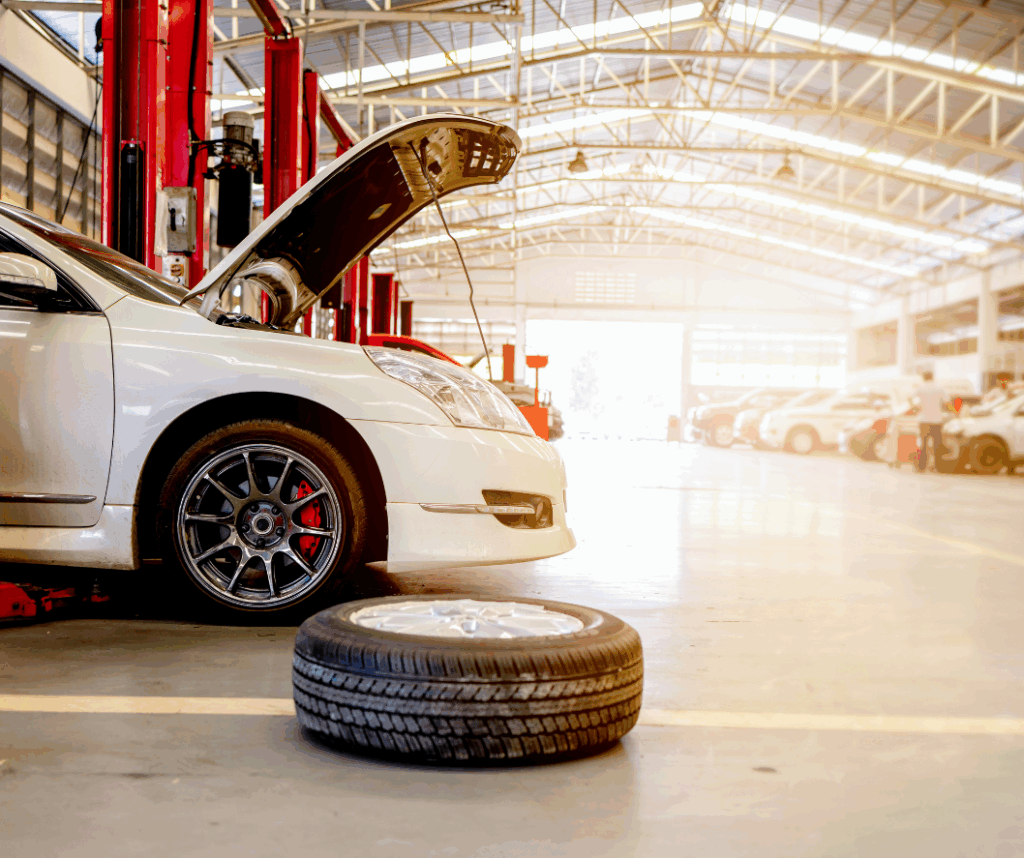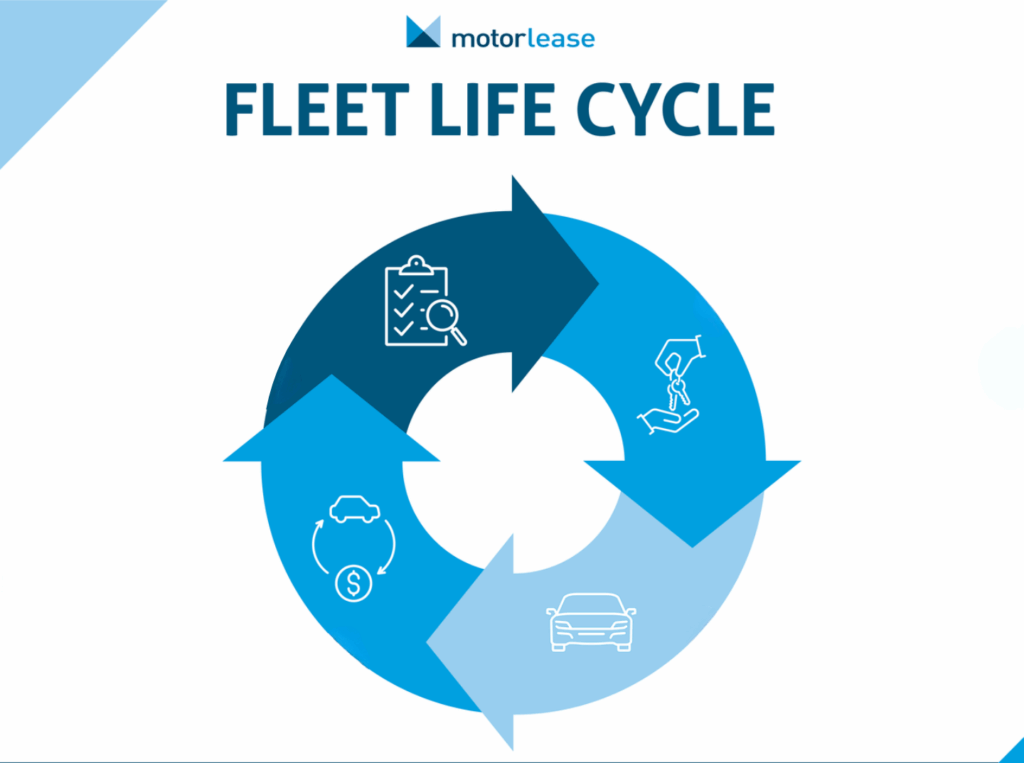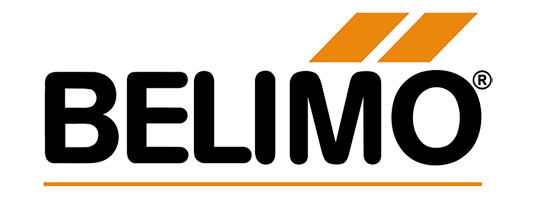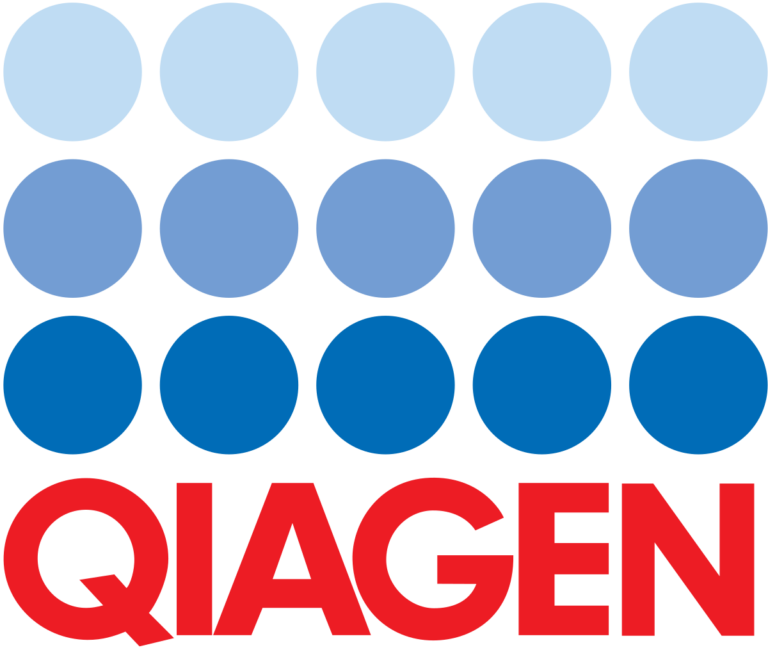For any fleet management strategy, maximizing efficiency and minimizing waste are paramount. As businesses strive to meet sustainability goals and improve their bottom line they must adopt practices that right-size their fleet. Here are six essential practices to consider for optimizing your fleet’s performance and boosting efficiency.
In This Article
1. Upgrade Strategically: Modernizing Your Fleet for Optimal Performance
2. Green Driving Habits: Promoting Environmental Responsibility on the Road
3. Idle-Free Initiatives: Streamlining Operations and Enhancing Fuel Efficiency
4. Route Optimization: Maximizing Efficiency in Sales Travel
5. Speed Management: Driving Safely and Efficiently Within Limits
6. Weight Reduction Strategies: Maximizing Efficiency by Removing Excess Load
Conclusion: Driving Toward a Sustainable Future
1. Upgrade Strategically: Modernizing Your Fleet for Optimal Performance
Keeping your fleet up-to-date with the latest technology can significantly enhance efficiency and reduce operational costs. Strategic upgrades can provide valuable insights into vehicle performance, maintenance needs, and driver behavior. Investing in modern vehicles with features like automatic engine shutdown and adaptive cruise control can improve fuel efficiency and overall performance.
According to a study by the American Transportation Research Institute (ATRI), fleets that invest in newer, more fuel-efficient vehicles can experience substantial savings in fuel costs over time. Additionally, modernizing your fleet can enhance driver satisfaction and retention, as drivers prefer vehicles with advanced safety and comfort features.
2. Green Driving Habits: Promoting Environmental Responsibility on the Road
As concerns about climate change continue to grow, businesses are under increasing pressure to reduce their carbon footprint. Adopting green driving habits helps mitigate environmental impact and contributes to cost savings through reduced fuel consumption and maintenance expenses. Encouraging drivers to practice eco-friendly driving techniques such as smooth acceleration, maintaining a steady speed, and minimizing idling can lead to significant fuel savings.
3. Idle-Free Initiatives: Streamlining Operations and Enhancing Fuel Efficiency
Idle engines consume fuel unnecessarily and contribute to air pollution. Idle-free initiatives within your fleet can help streamline operations and enhance fuel efficiency. Simple measures such as setting idle time limits and educating drivers about the importance of reducing idling to substantial fuel savings and environmental benefits.
According to the Environmental Protection Agency (EPA), reducing unnecessary idling can save businesses hundreds to thousands of dollars annually in fuel costs per vehicle. By implementing idle-free initiatives, fleets can reduce their environmental impact and improve their bottom line.
4. Route Optimization: Maximizing Efficiency in Sales Travel
Efficient route planning is crucial for minimizing fuel consumption and maximizing productivity, especially for sales fleets constantly on the move. Route optimization software can help identify the most efficient routes, reduce unnecessary mileage, and optimize schedules.
By leveraging real-time traffic data, weather conditions, and historical traffic patterns, route optimization software can help fleets adapt to changing circumstances and avoid delays. This saves time and fuel and improves customer satisfaction.
5. Speed Management: Driving Safely and Efficiently Within Limits
Maintaining appropriate speeds ensures safety on the road and plays a significant role in fuel efficiency. Driving at excessive speeds can significantly increase fuel consumption and vehicle wear and tear, leading to higher operational costs and increased emissions. Encouraging drivers to adhere to posted speed limits and providing training on safe driving practices can help mitigate risks and promote fuel-efficient driving behavior.
6. Weight Reduction Strategies: Maximizing Efficiency by Removing Excess Load
Excess weight can negatively impact fuel efficiency and vehicle performance, and lead to increased fuel consumption and higher maintenance costs. Implementing weight reduction strategies like minimizing unnecessary cargo and selecting lightweight materials can help maximize efficiency and reduce operational expenses.
According to the U.S. Department of Energy, every 100 pounds of extra weight can reduce fuel economy by up to 2%. By identifying and eliminating excess weight from vehicles, fleets can achieve significant fuel savings and improve overall performance.
Conclusion: Driving Toward a Sustainable Future
Motorlease is your go-to partner for making your fleet greener with simple yet powerful solutions. From upgrading wisely to encouraging eco-friendly driving, cutting unnecessary idling, planning routes smartly, sticking to speed limits, and even shedding excess weight, we’re experts in boosting efficiency and shrinking your environmental footprint.
We’ve established strong relationships with manufacturers, enhancing sustainability through strategic equipment updates. These partnerships keep us at the forefront of technological advancements and enable the integration of eco-friendly practices. We’d love to connect if you’re looking for this type of support for your fleet!












